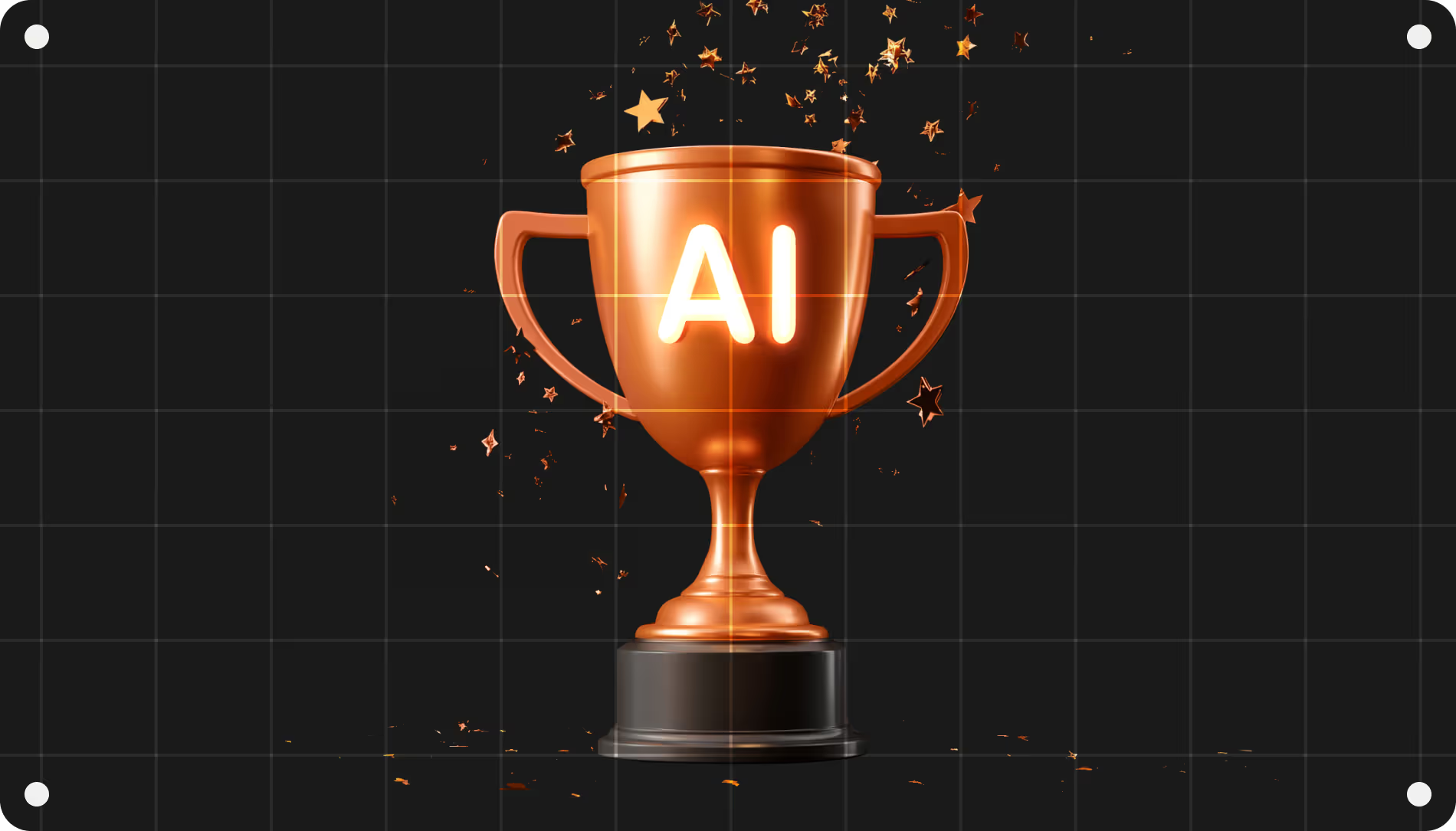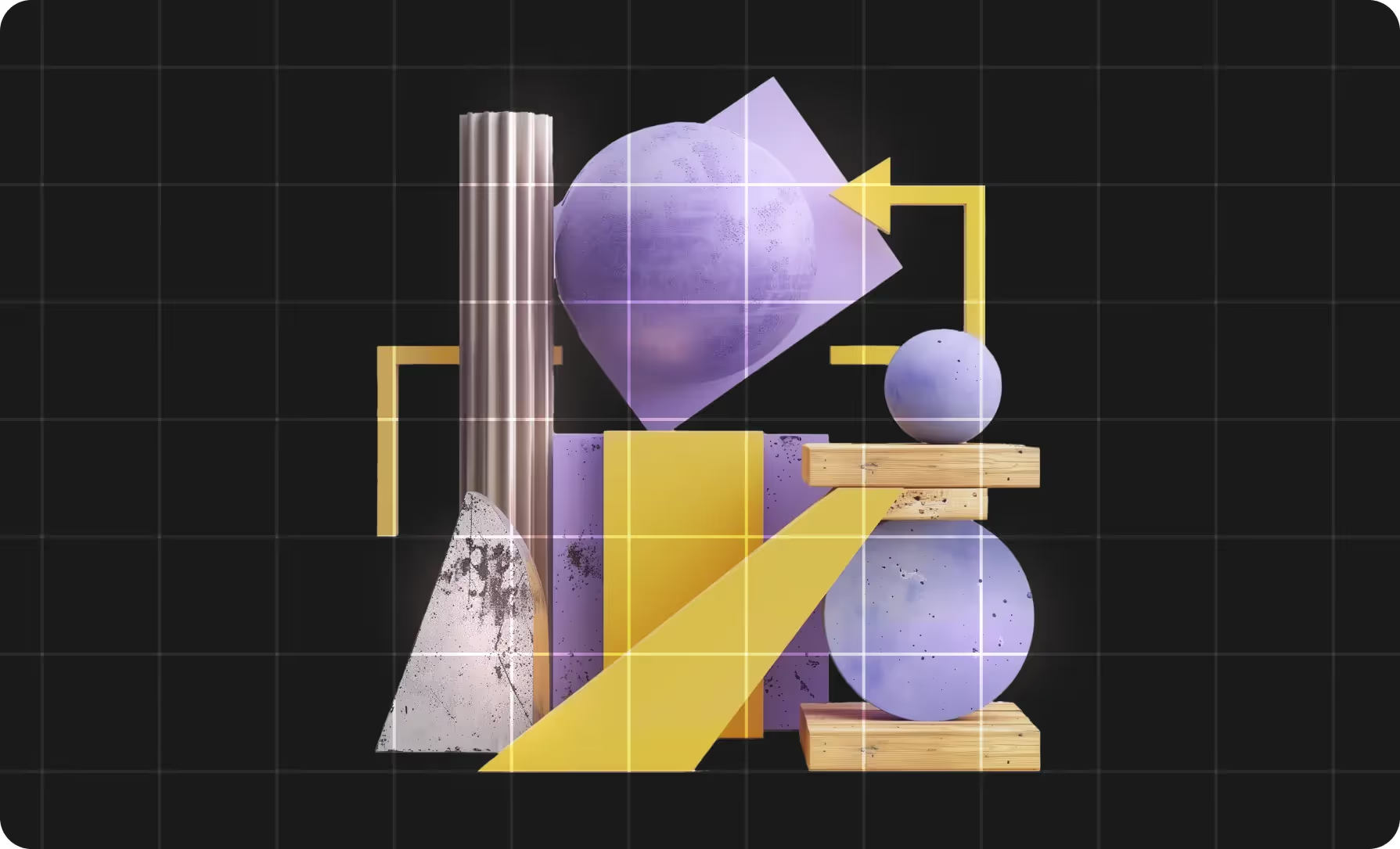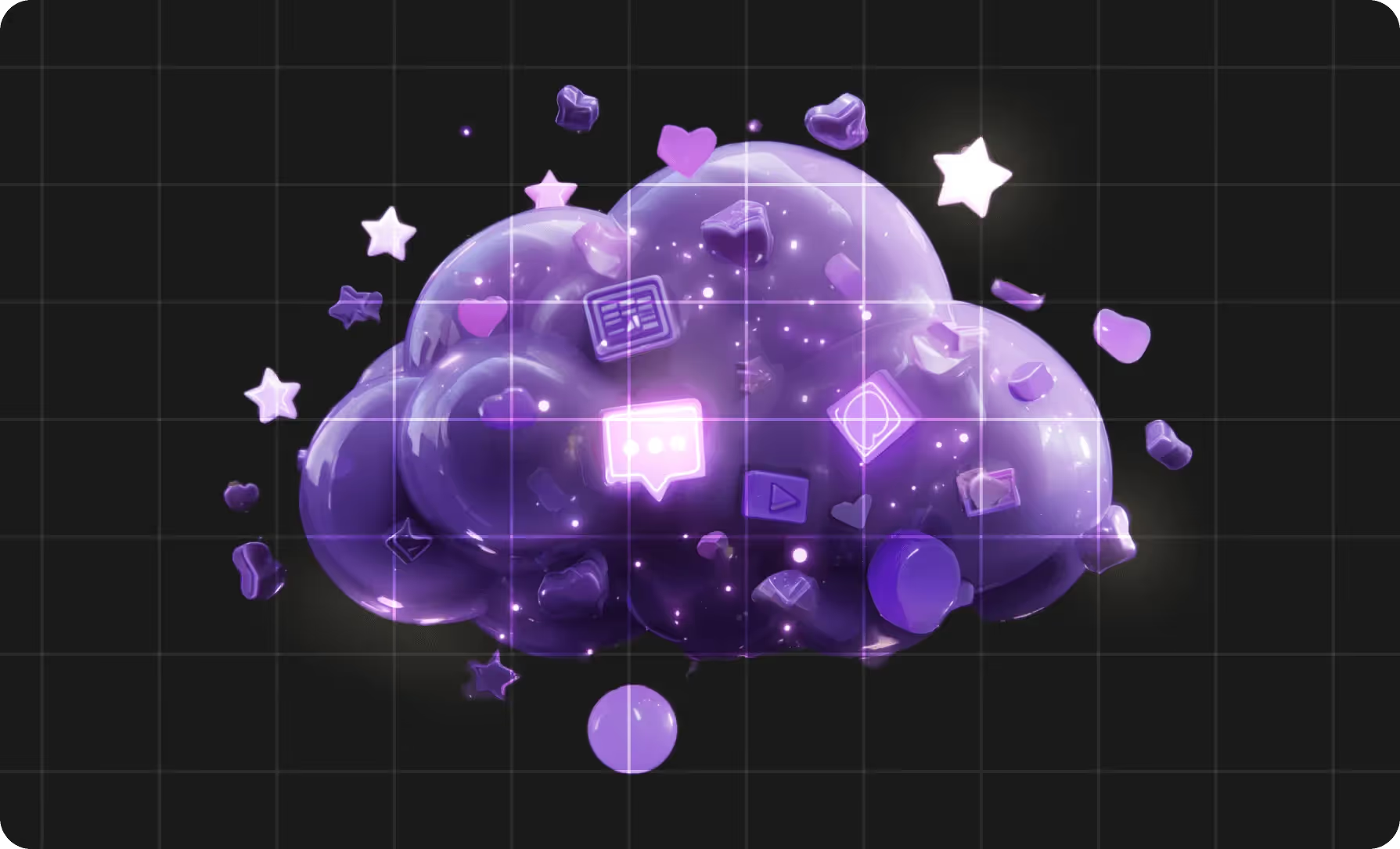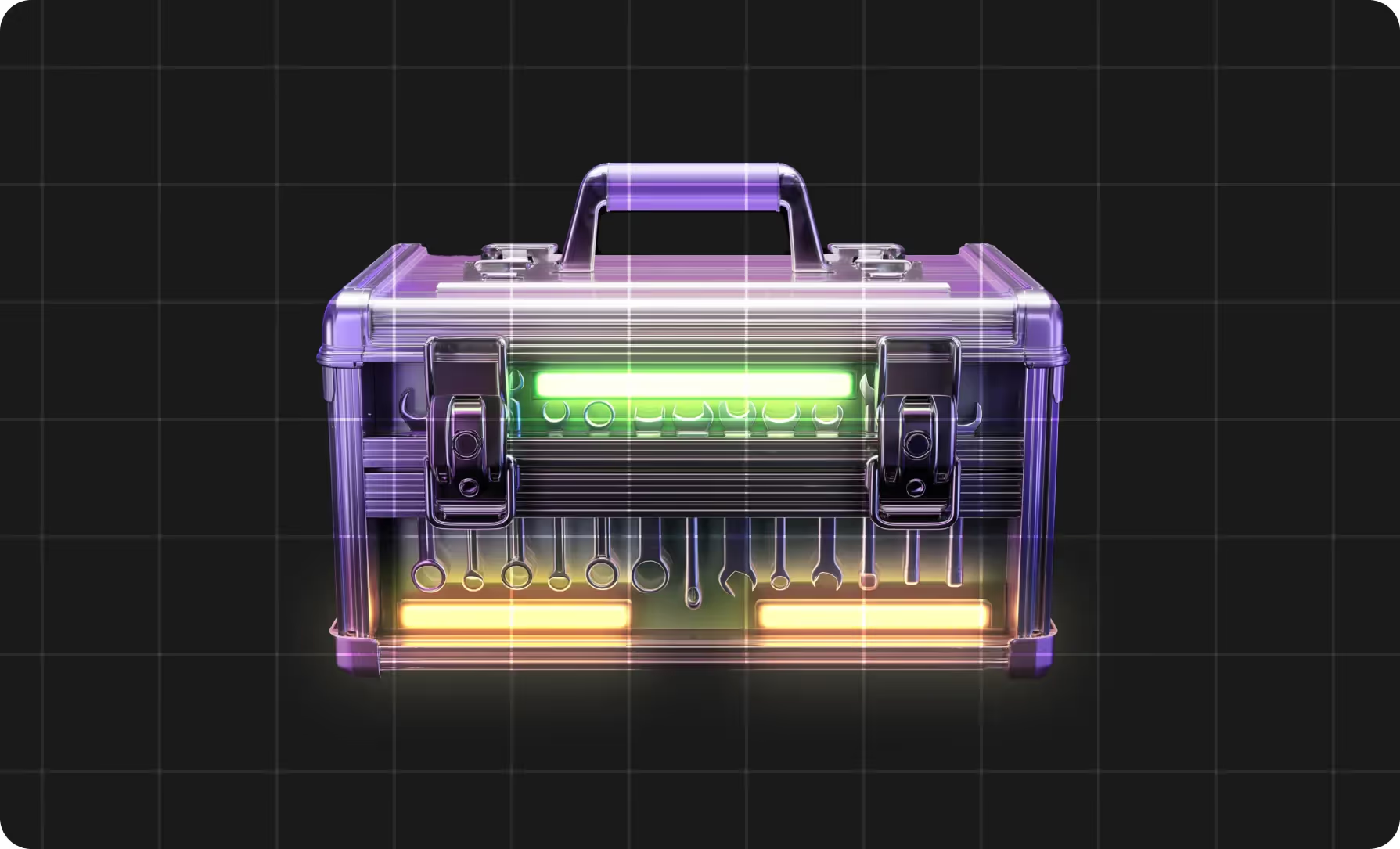
Chances are you’ve used AI already. ChatGPT is doing everything from planning out trips to generating recipes for what’s going to be on the dinner table tonight. It’s even writing code. And, if you’re here, you’re likely worried that this capability means tools like this are going to make coding jobs disappear.
They are going to affect jobs, for sure — but not in the way you think. Rather, they’re just going to make coders more effective and capable at their jobs. Here’s why.
What AI is and isn’t
The first thing we should do is clear the air. The clouds of hype surrounding AI-powered tech are thick, and too many discrete solutions get lumped together under the umbrella of “AI.” For example, Google’s LYNA, a machine learning tool that is 99% effective at identifying tumors that have the potential to metastasize, has been called AI.
And yet — notice that we called it “machine learning.” The scope is different — AI exists to mimic human behavior and thinking patterns while machine learning applies statistical techniques to vast datasets to accomplish something a human asks of it. LYNA was crafted to diagnose cancer because of human decisions — someone chose to direct it toward a goal.
It uses complex computer science, sure, but at its core, it is completely unrelated to person-like decision making. Think of it more like a microscope, something that has indeed increased precision and effectiveness, but something that nonetheless augments the work of a human.
Okay, so then what is the domain of AI? Well, to be fair, it’s hard to say that any of the large language models (LLMs) people tend to use — think ChatGPT or Perplexity, for example — are true AIs. After all, that requires, well, intelligence.
See, these LLMs apply statistical techniques to the material they’ve been trained on. This enables them to make fairly accurate predictions about what a code snippet, travel itinerary, or recipe might look like — they know what word/character probably comes next. So there is no “intelligence” in the system; it’s all imitation. They just recombine and repackage bits of old data they’ve scraped from sources across the web.
That means they’re always looking backward. And in many ways, this is useful. For example, they’re powerful at giving pointers on writing code to build a menu, say — this is something that has been done before and something that will need to be done again in largely identical ways. And when web developers or other programmers are doing rote work, they can use AI to help them write simple programs — they excel here.
And then we can ask the LLMs to help us with a little code snippet to iron out some kinks in the new, better menu design because, hey, they’re still useful tools.
Employers don’t expect much from AI
It’s not just us. In March, we conducted a survey of over 1,000 decision makers, and we asked about how they see generative AI. So will AI replace programmers? Decision makers are, at best, lukewarm.
.png)
We asked participants what percentage of roles they expected AI to replace at their companies, and 87% believed that less than half of jobs were vulnerable. In fact, just over a quarter of respondents said they thought below a tenth of the roles at their organizations were susceptible to AI replacement.
Let’s put a little bit of emphasis here. That means that respondents who expected AI to have the minimum possible effect outnumbered those who expected AI to make over half of jobs redundant — by a ratio of nearly two to one.
So will AI replace software engineers? Employers aren’t gearing up for it. In fact, according to the same survey, they were actually increasing hiring for web developers, data analysts, and software engineers.
%252520(1).png)
They made it clear: they’re hiring programmers. AI is shiny and new, and it gets a lot of traction on social media and news outlets, but the priorities of the people in charge of hiring paint a different picture. It’s unlikely we’ll see artificial intelligence replacing jobs at any scale soon.
That’s not to say programmers won’t use AI
But there is a reason people keep asking, “Will AI replace programmers?” And that’s because, like we’ve mentioned, it’s a powerful tool. Will AI take over software engineering? No, but it will change it. Bet on that, too.
Already, there are tools like GitHub Copilot, an AI tool that helps coders in their day-to-day work. It has quickly achieved wide adoption, so it’s absolutely something that coders should learn how to use.
And this awareness is what lies behind the choice to implement an exposure to AI assistance at TripleTen. After all, our focus on getting students ready for real-world tech jobs needs to consider modern tools that are being used across the industry. So we have included AI in our programs to get students used to applying these tools wisely.
Andrei Parfenov, curriculum lead of the Software Engineering program, said, “If [students] already know how to work with AI tools, how to analyze this information, how to trust it or not trust it, in the future, when they work in a real code editor and they have AI tools, they will be more confident.”
It goes beyond that, too. It can even be something students can show as a marker of their fluency with modern approaches.
It will be a new skill for students — to work with the information generated by AI. Andrei Parfenov, curriculum lead of the Software Engineering program
So the questions like “Will artificial intelligence replace programmers?” might be asked incorrectly. Instead of talking about the people themselves, it’s better to ask about the work. And, if we’re thinking along those terms, then yes, in the grunt work of programming — the basic snippets that need to be written over and over and over — AI will likely excel.
But a human’s going to need to be there to make sure the predictive system built something functional; the human is still vital. Then, they can use the time they saved to consider if that basic approach is even the right direction for the project. And they can imagine something that has never been programmed before. They can be software developers, not software repeaters.
Start mastering AI today
.jpg)








.jpg)

.avif)






